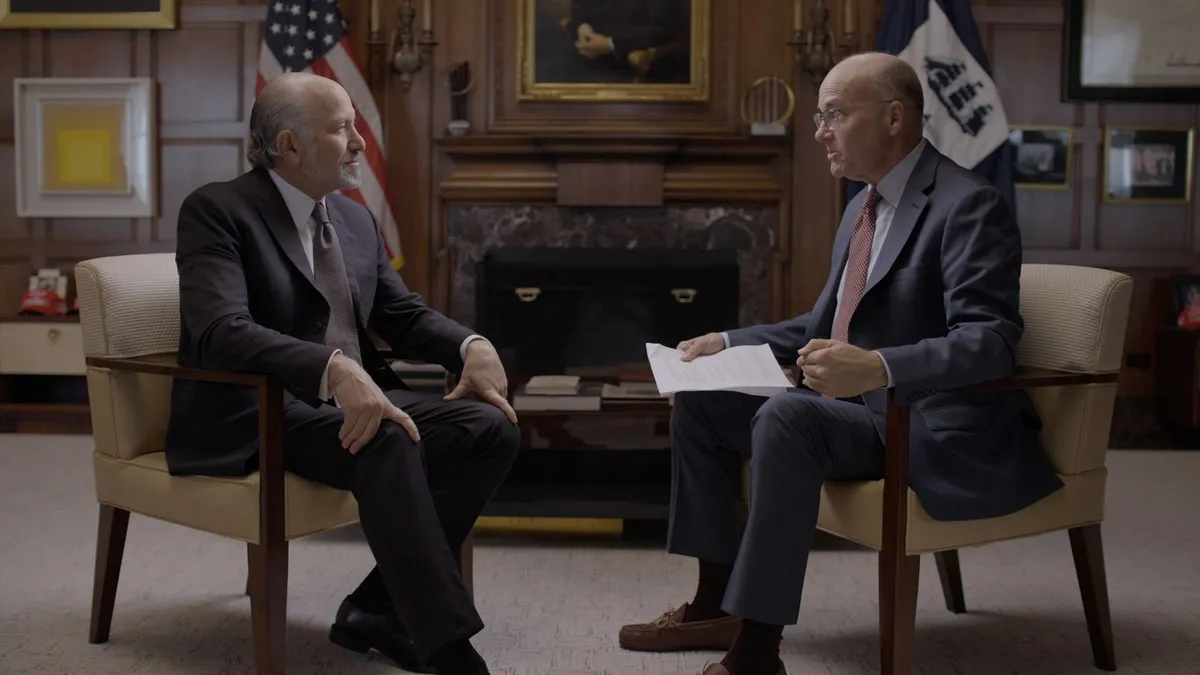
In an exclusive interview on the premiere episode of The Axios Show, Commerce Secretary Howard Lutnick expressed unwavering confidence that the Supreme Court will not strike down President Trump's tariffs. This assertion came amidst contrasting warnings from Treasury Secretary Scott Bessent, who cautioned that if the Supreme Court were to rule against these tariffs, the government could face a daunting financial burden, potentially issuing refunds amounting to tens or even hundreds of billions of dollars.
Lutnick's bold stance highlights a critical divergence in perspectives regarding the future of U.S. trade policy. While he dismissed concerns about the Supreme Court's potential ruling as "silly," Bessent's warnings bring to light significant implications for the government's fiscal responsibilities. Bessent has previously noted that existing tariff laws are less potent, which could hinder President Trump’s ability to negotiate effectively in future trade discussions.
The Axios Show serves as a vital platform for dialogue with key figures shaping the landscape of politics, media, business, tech, and culture. In this episode, Lutnick emphasized his belief that the Supreme Court will reverse decisions made by the Court of International Trade and a federal appellate court. These rulings concluded that Trump did not have the requisite authority under the International Emergency Economic Powers Act (IEEPA) to impose certain tariffs.
Economists estimate that approximately 71% of the tariff revenue generated under Trump could be jeopardized if the IEEPA tariffs are invalidated. Lutnick, however, maintains that the most consequential trade agreements are tied to alternative tariff authorities. He specifically referenced Section 232 tariffs, which apply to particular sectors such as steel and aluminum, asserting that these agreements are "durable" and "sustainable." According to Lutnick, their stability would remain unaffected by any Supreme Court decisions.
It's important to note that the authorities under Section 232 and Section 301 are considerably more constrained than the powers Trump has sought to employ under the IEEPA. Bessent and other analysts have previously cautioned that without the extensive authority granted by the IEEPA, Trump may struggle to introduce sweeping new trade regulations. Many of the trade agreements formed thus far incorporate broad tariffs that do not necessarily align with the determinations of Sections 232 or 301, which could expose them to risks.
As the situation unfolds, all eyes are on the upcoming Supreme Court hearings. The administration has requested that the justices hear arguments in early November, making this a pivotal moment for the future of U.S. trade policy and the Trump administration's tariff strategies. The outcomes of these hearings could significantly influence both domestic and international perceptions of American trade authority and economic stability.